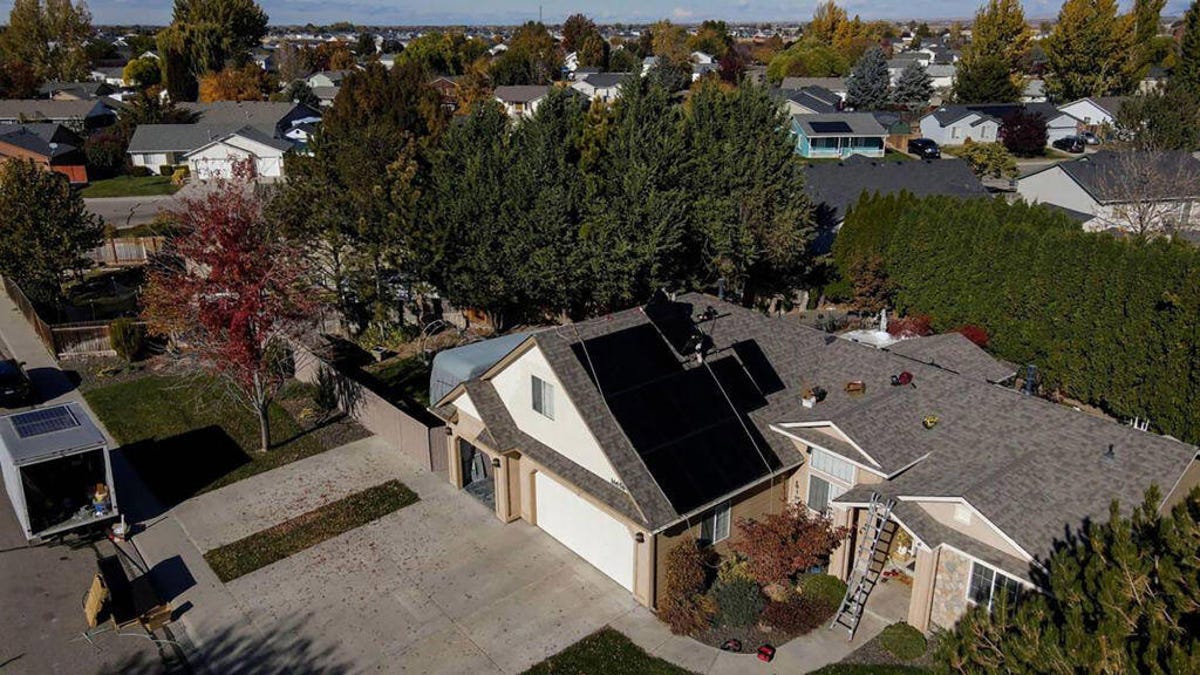Is Your House a Good Candidate For Solar? How to Find Out
It depends on how much sun your rooftop gets, how big your roof is and how much energy you need.

There are several ways to find out if your home might be a good fit for solar panels.
Saving money and the planet through solar energy has a lot of appeal, but not every home is the ideal candidate.
Your home needs to get plenty of sunlight, have a roof that is big enough and faces the right direction, and you need to pay enough for electricity to make solar panels worthwhile.
Here are some tips to help you decide if solar energy is a viable option for your home.
Google it
According to the California Energy Commission, a solar system needs unobstructed access to the sun's rays for most or all of the day.
The easiest way to check your home for solar viability is by typing your address into Google's Project Sunroof. This easy app allows you to check whether solar panels make sense just by putting in your address or clicking on your home on a map. Google uses its mapping technology to calculate how much sunlight you get and whether it's enough to make solar panels worthwhile.
Do the legwork yourself
Google's Sunroof is only available in some locations. If you live in an area it doesn't cover, you can still determine how much sun your home gets with just a few steps.
Nearby trees or buildings may block the sun. This could mean a substantial loss in energy output. To find out if your roof gets full sun, simply go outside and check a few times throughout the day and take note.
Next, find out how many days of sun your area of the country gets per year. An easy way to get a good estimate is by finding your location on solar maps provided by the National Renewable Energy Laboratory (NREL). If your home is in an area of the country that receives very little sun, you may not be able to go solar.
A solar map by the NREL, a national laboratory of the US Department of Energy.
The ideal location for a solar unit is on a south-facing roof that's flat and doesn't have obstructions such as a chimney, vents or antennas. East- and west-facing roofs are also a good option because they get a lot of sun. If your only available roof area for solar panels is north-facing or you don't have enough unobstructed room for panels, your home may not be a good candidate.
Be sure you have room on your roof for solar panels.
Get an expert opinion
If you feel confident that your home is a good candidate, it is time to contact a professional. Although you can find a rough estimate of the size of the solar system you need online, an exact number depends on a lot of different factors that most people won't be able to figure out on their own. A professional solar installer can also determine what kind of system would work best for your needs.
Editors' note: This article was originally published on Dec. 8, 2015 and has been updated.

